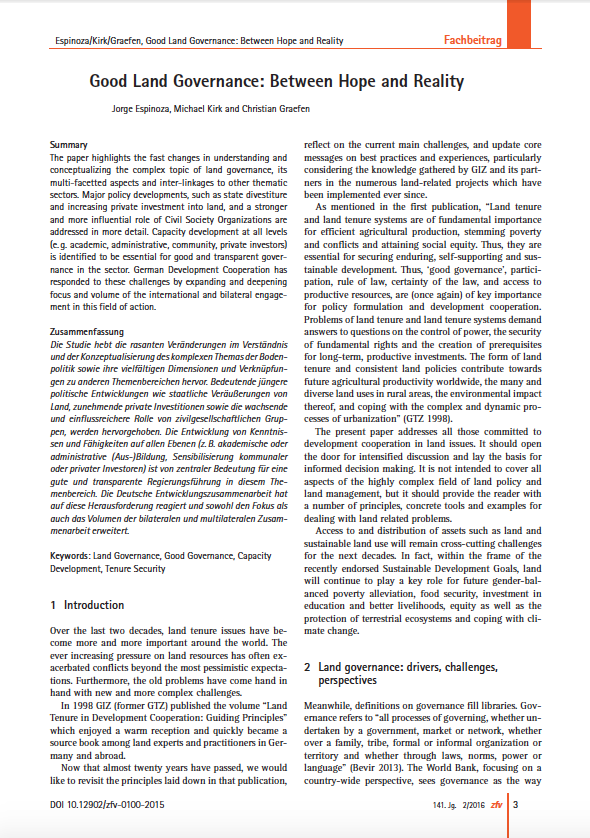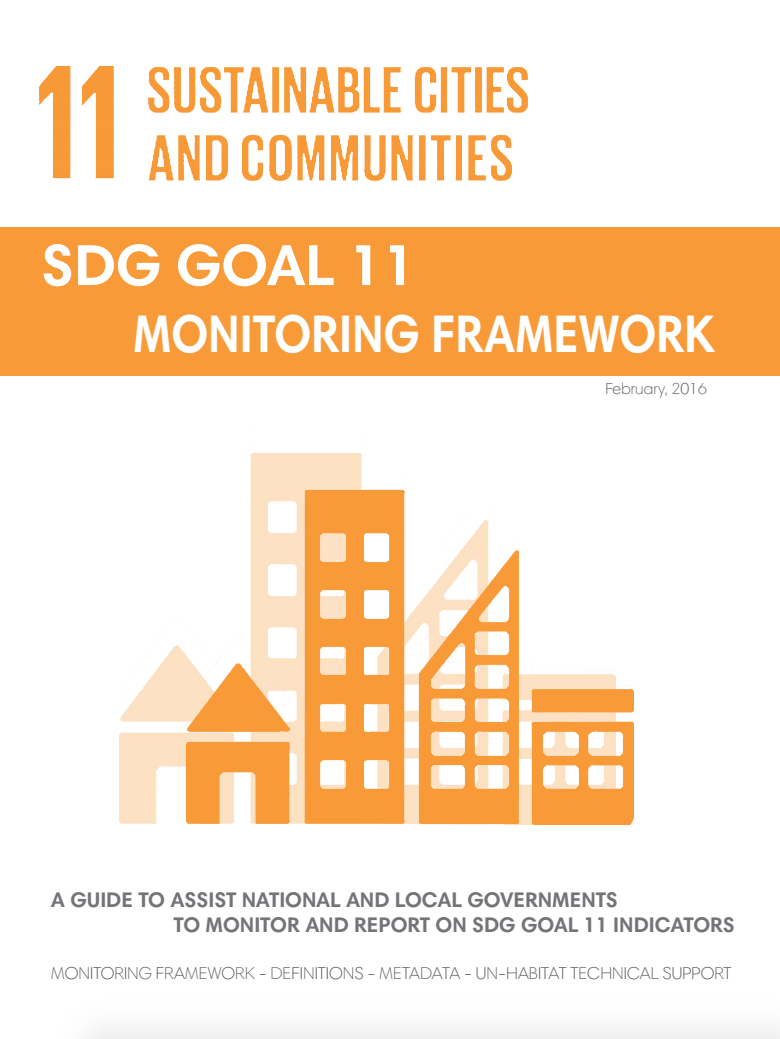Emissions Overview tool
This user instruction guide provides detailed description of the Emissions Overview On-line Tool, which is part of the AFOLU Emissions Analysis Tools aimed at supporting Member Countries in improving their national capacity to address UNFCCC reporting requirements and to design climate policy actions (i.e. GHG Inventories, Nationally Appropriate Mitigation Actions – NAMAs – and Nationally Determined Contributions – NDCs) for the agriculture, forestry and other land use (AFOLU) sector.
Securing forest business: A risk management toolkit for locally controlled forest businesses
This toolkit is designed to guide the business manager (or whoever is tasked with the daily operations of running the forest business) and other business staff through a process of identifying and assessing possible business risks.
Kazakhstan Agricultural Sector Risk Assessment
Agriculture is among the most risk-prone
sectors in the economies of Central Asia. Production shocks
from weather, pests and diseases and adverse movements in
agricultural product and input prices not only impact
farmers and agri-business firms, but can also strain
government finances. Some of these risks are small and
localized and can be managed by producers. Others are the
result of more severe, exogenous shocks outside agriculture
Good Land Governance: Between Hope and Reality
The paper highlights the fast changes in understanding and conceptualizing the complex topic of land governance, its multi-facetted aspects and inter-linkages to other thematic sectors. Major policy developments, such as state divestiture and increasing private investment into land, and a stronger and more influential role of Civil Society Organizations are addressed in more detail. Capacity development at all levels (e. g. academic, administrative, community, private investors) is identified to be essential for good and transparent governance in the sector.
Fit-for-Purpose Land Administration: Guiding Principles for Country Implementation
The guide proposes guiding principles to build Fit-For-Purpose land administration systems in order to deliver benefits, including secure tenure rights, to a wide range of stakeholders. It provides structured guidance on building the spatial, legal and institutional frameworks in support of designing country-specific strategies for implementing FFP land administration. It contains the analysis and operational advisory guidelines to implement the approach.
SDG Goal 11: Monitoring Framework
In September 2015, the United Nations Sustainable Development Summit adopted a new framework to guide development efforts between 2015 and 2030, entitled “Transforming our world: the 2030 Agenda for sustainable development”.1
Good Land Governance: Between Hope and Reality
The paper highlights the fast changes in understanding and conceptualizing the complex topic of land governance, its multi-facetted aspects and inter-linkages to other thematic sectors. Major policy developments, such as state divestiture and increasing private investment into land, and a stronger and more influential role of Civil Society Organizations are addressed in more detail. Capacity development at all levels (e. g. academic, administrative, community, private investors) is identified to be essential for good and transparent governance in the sector.
Deforestation Trends in the Congo Basin
Congo Basin countries rely more on
wood-based biomass to meet their energy needs than most
other countries in the world. Wood fuel production is
increasing in Congo Basin countries. Urbanization often
produces a shift from fuel wood to charcoal consumption,
because charcoal is cheaper and easier to transport and
store. Charcoal is produced mostly using traditional
techniques, with low transformation efficiencies. Under a
Country Partnership Framework for the Republic of Honduras for the Period FY16 - FY20
Honduras’ recent economic performance
has been positive, especially taking into account the global
economic context. Real Gross Domestic Product (GDP) growth
accelerated from 2.8 percent in 2013 to 3.1 percent in 2014
and 3.6 percent in the first half of 2015. Growth has been
supported by improved terms of trade, higher remittance
inflows and export demand driven by the on-going recovery of
the United States (US), and improved investor confidence.
The Nile Story
The Nile Story is one of immense
challenges and remarkable achievements for the economic
development of the region. It begins in 1999, when the
ministers in charge of water affairs in the Nile countries
agreed to form the Nile Basin Initiative (NBI). Between 2003
and 2015, the Nile Basin Trust Fund (NBTF) supported and
coordinated cooperative work in the region, which has been
delivered mainly through the NBI. This book, commissioned by
The Political Economy of Decision-Making in Forestry
The use of the phrase, ‘political
economy’ originates in Adam Smith’s Wealth of Nations and is
also found in the writings of David Ricardo and Karl Marx.
What is presently understood as ‘economics’ was, at that
time, termed ‘political economy’. This was understood to
mean ‘conditions of production organization in
nation-states’ (Acemoglu and Robinson, 2012, Beuran,
Raballand and Kapoor, 2011). Venerable scholars such as





